 The right pH—especially in the stomach—goes a long way toward promoting wellness.
The right pH—especially in the stomach—goes a long way toward promoting wellness.
You can’t turn on the TV without hearing about the dangers of too much stomach acid. But research reports that a little acidity helps protect humans from numerous diseases and unwanted conditions.
Proton pump inhibitors (PPIs)—like those purple pills you hear so much about on television—have been associated with pneumonia in a number of studies. That’s because stomach acid kills numerous pathogens including those that lead to pneumonia.
And that’s not the only problem with these highly touted PPIs. Scientists at Wake Forest University Health Services link PPIs to cardiac, metabolic, and orthopedic—as well as infectious—diseases, advising anyone taking these drugs to get a bone scan. “Use of drugs that inhibit gastric acid is associated with an increased risk of fracture,” reports another recent study in Gastroenterology.
What’s more, a recent Czech study shows that long-term use of PPIs not only increases the risk of bacterial overgrowth but also leads to malabsorption of nutrients from foods. Poor absorption of bone-building minerals can cause osteoporosis.
Acid Reflux May Not Mean What You Think…
With all the talk these days about the importance of alkalinity, we tend to forget that certain organs—like the stomach and colon—are designed to function in an acid medium. And for good reason!
Stomach acid helps protect against H. pylori, a “super bug” that causes ulcers, as well as others like E. coli and salmonella that are increasingly becoming a scourge.
In fact, some experts find that even acid reflux (a painful condition where stomach acid splashes up into the esophagus) is far more likely to be caused by too little—rather than too much—acid.
Before you consider dangerous drugs like PPIs, check to see if you have sufficient stomach acid—but not if you have a weakened stomach lining, ulcers, or hiatal hernia. These conditions need to be addressed with your chiropractic physician, naturopath or other health care practitioner and healed before you try the stomach acid challenge.
Take the Stomach Acid Challenge:
- Take a hydrochloric acid (HCl) supplement (500 to 550 mg betaine hydrochloride and 150 mg pepsin) or HCL+2 with a meal.
- Observe your body’s response. Extreme warmth means you have sufficient stomach acid—don’t add more!
- If you have no relief from digestive problems or feel no pain or warmth, double your HCl dose at the next meal.
- Continue adding HCl until you feel warmth or experience relief.
- After reaching your limit, take one less tablet with meals, and after 3 to 6 months, try gradually reducing your dosage.
The take-away message here: HCL+2 (hydrochloric acid with bile salts) promotes the digestion of protein, fat, and acid-based minerals (calcium, magnesium, and iron) for anyone with low stomach acid. If you are reluctant to use an HCl supplement, you can always try some apple cider vinegar in water. Add 2 teaspoons to 8 ounces of water which will help to acidify your stomach gently and enhance digestion.
The LES Connection
While HCl is certainly an issue for many individuals, it’s not the entire answer to reflux.
Sometimes the underlying cause is a weakened valve between the esophagus and stomach known as the lower esophageal sphincter or LES. Weakness in this muscle can lead to acid backup. Avoiding excess fats, alcohol, sugar, chocolate, coffee, and raw onions can keep this muscle strong, so that it stays closed when it’s supposed to—and keeps acid in your stomach, right where it belongs.

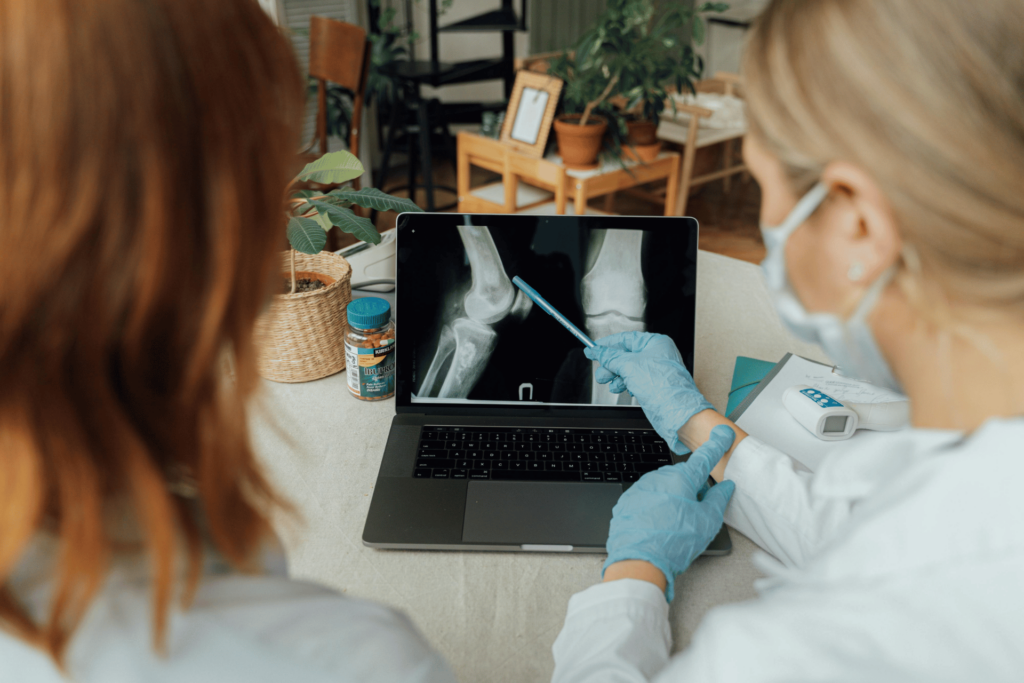
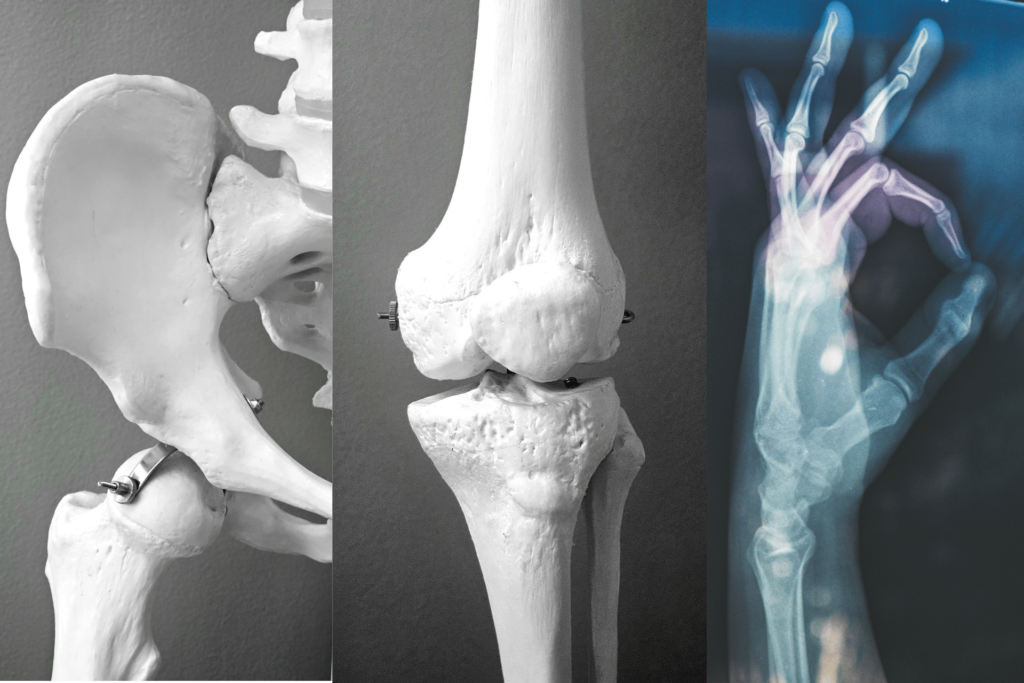




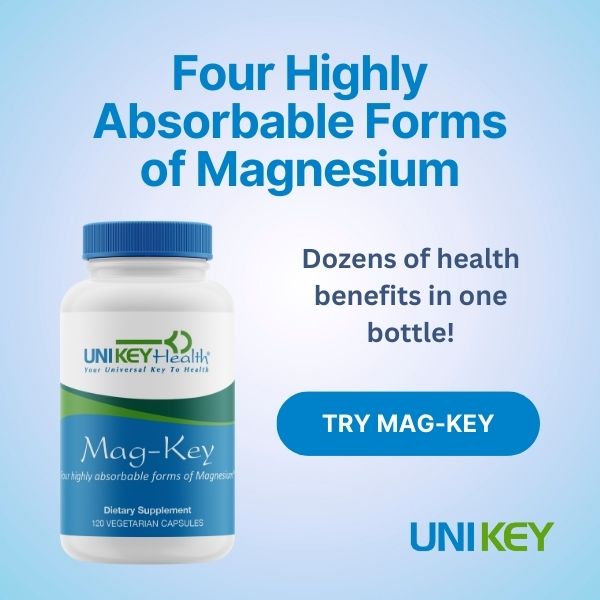
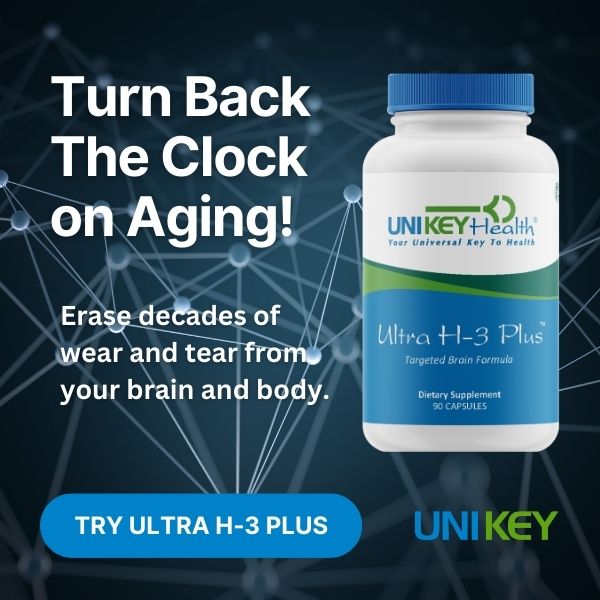


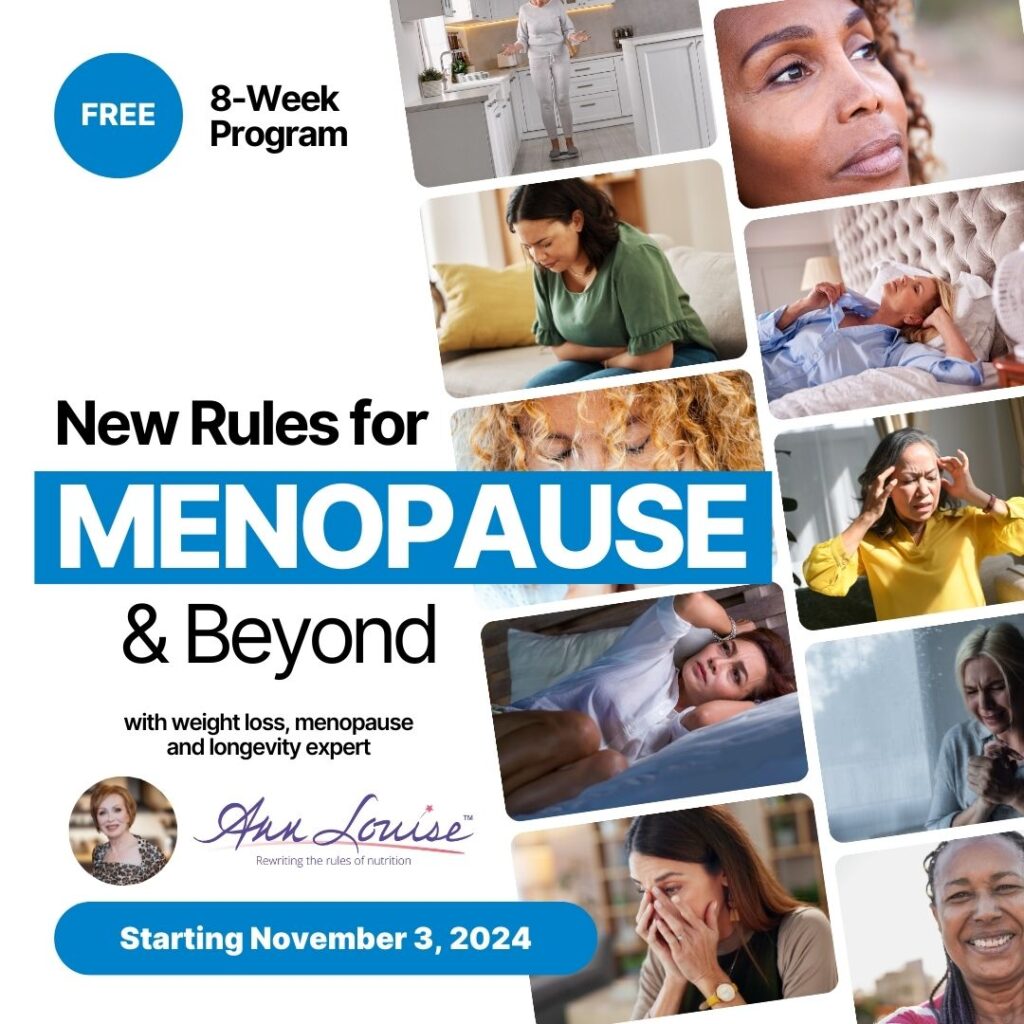
11 Responses
i have read many of your books. You talk about the function of the gall bladder, but what happens when you don’t have a gall bladder? what happens to the liver function of bile? where does it get stored?
Dear Tamara: Thanks for your post and I am delighted that you are familiar with my work. Instead of being stored in the gallbladder, bile is consistently being dumped into the intestines. Some individuals still experience digestive difficulty with fats and so I always suggest a supplement containing the “missing” bile salts that the gallbladder would have naturally provided. The supplement is called Cholacol and can help with fat digestion for those who still experience digestive difficulties.
What is your opinion on giving newborns these PPI’s? I am hearing more and more of this. Apparently babies don’t have colic anymore. It is acid reflux. Sounds like more craziness to me.
Hello Sarah: I think that a diluted mixture of powdered deglycyrrhizinated licorice would be a better alternative than PPIs for babies. A PPI opens the door to infection and probable deficiencies of protein, calcium, magnesium, and iron – precisely what a newborn doesn’t need in the first months of life. See below for more alternatives.
I am appalled when other more simple and safer supplements are not first initiated such as purified extracts of aloe, probiotics, and diluted slippery elm water. A skilled osteopathic physician can even “adjust” the newborn to prevent hiatial hernia involvement.
I am 70 and when I was 30 I had a bleeding ulcer they operated and cut my vegas nerve I have had digestion problems ever since. I take a probiotic everyday but I also take PPI daily I was wondering if HCL would my stomach
Hi Gaye: Thank you for your post. I would firs try a tsp. of apple cider vinegar in water to see how your tummy fares. Apple cider vinegar tolerance is often a good gauge for the need for HCL. If all goes well, you might consider a very low dose HCL (I would suggest Standard Process’s betaine hydrochloric acid) with protein meals.
I cannot agree more when you said that certain organs are designed to function in an acid medium. It’s ridiculous what people tend to do like buy alkaline water just because they thought acidity is bad. Every organ has its right pH. Thanks for posting this.
I couldn’t agree more!
My Dr. has given me a PPI to try and not because I suffer from acid reflux. The reason is over the past 6 months I have had multiple chest infections which she has treated with different puffers, antibiotics and evern prednisone. She is sending me to a lung specilist however she wanted me to try to PPI to see if it would help. I disagree with this now that I have read about the PPI information here.
Thanks for sharing